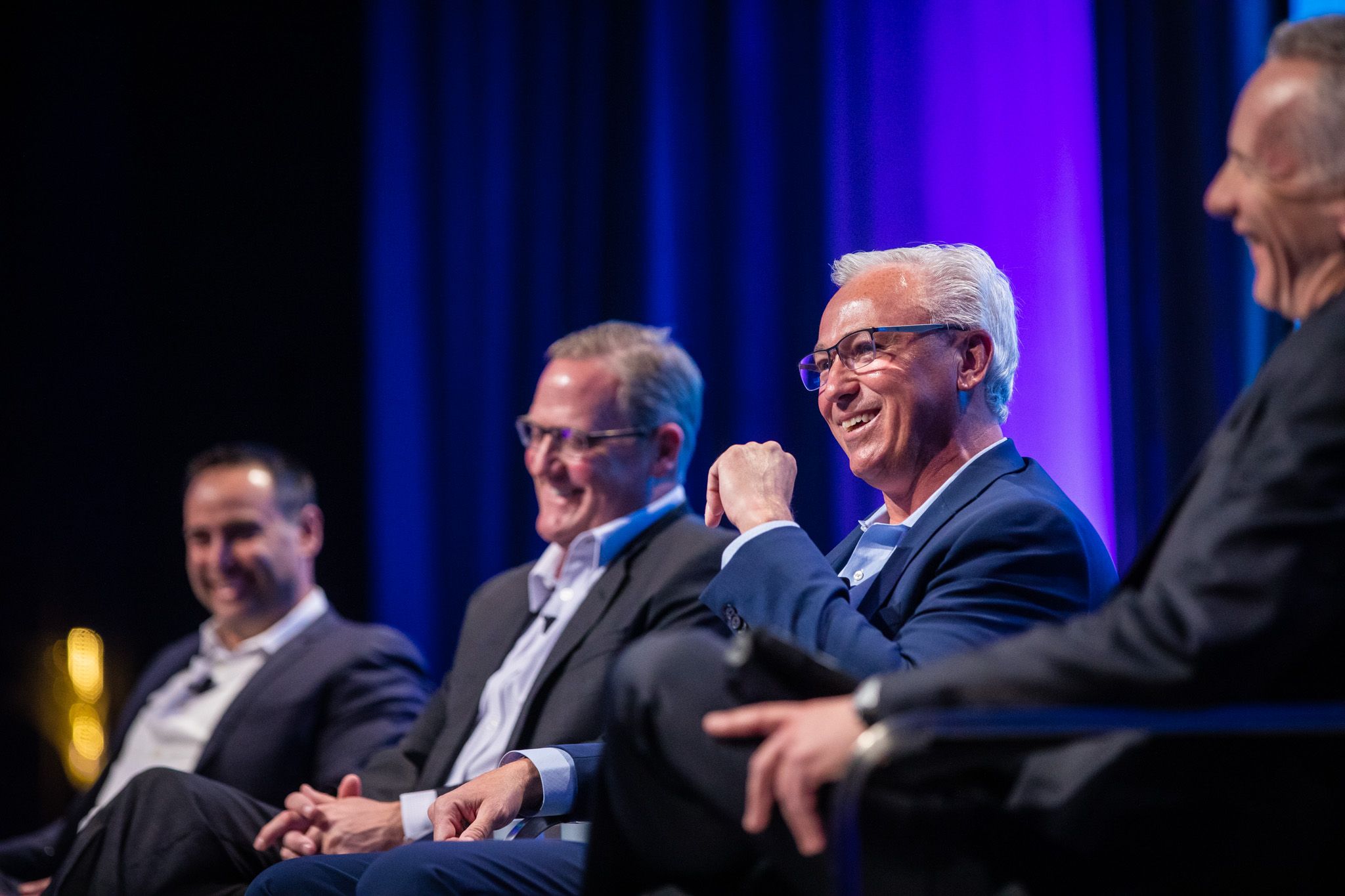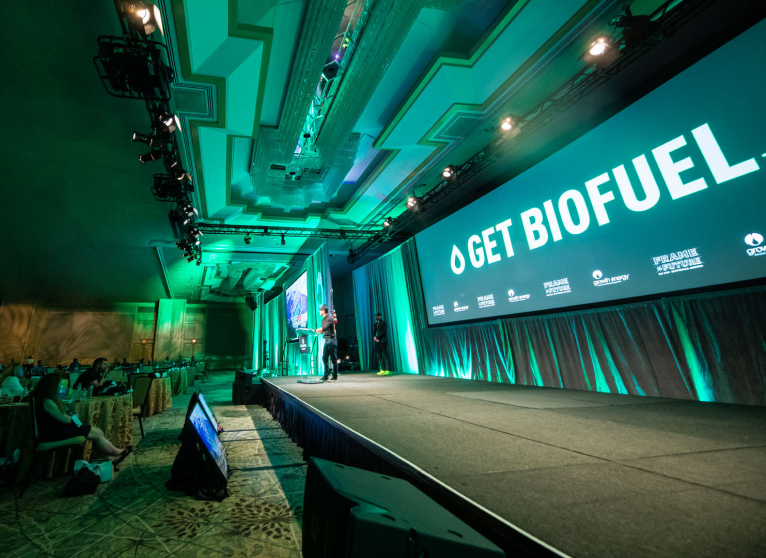Member Portal
Together we grow.
We’re continuing to expand opportunities to grow America’s bioeconomy by demonstrating what’s possible with crops.
Member Benefits
Growth Energy members get access to exclusive events and resources that better equip them to fuel the next generation of plant-based solutions that power the bioeconomy.
Plant and associate members of Growth Energy get access to the industry’s leading organization for issue advocacy, technical expertise, and stakeholder education. They receive:
- The opportunity to provide input to Growth Energy on key issues facing the industry.
- Invitations to both the Biofuels Summit and Executive Leadership Conference.
- Access to unique networking opportunities with other members throughout the year.
- Daily updates on key industry issues and strategies to promote our industry.
- Invitations to member-only issue updates and webinars.
- Staff support for their regional events.

Growth Energy hosts two executive level marquis events each year: the Executive Leadership Summit in late winter/early spring, and the Growth Energy Biofuels Summit in the fall. Both offer unparalleled industry networking, educational programs featuring presentations by leaders in agriculture, business, and government, and actionable technical and market intelligence.
Throughout the year Growth Energy members also get access to regular, issue-specific webinars that provide updates and insights they can put to immediate use in their businesses and that can’t be found anywhere else.

Growth Energy members receive an exclusive daily email (the Daily Fill-Up) that aggregates and summarizes the biggest news on topics relevant to the biofuels industry, and an exclusive weekly newsletter (the Rundown) that highlights everything the Growth Energy staff and leadership are doing on behalf of the industry week in and week out.
